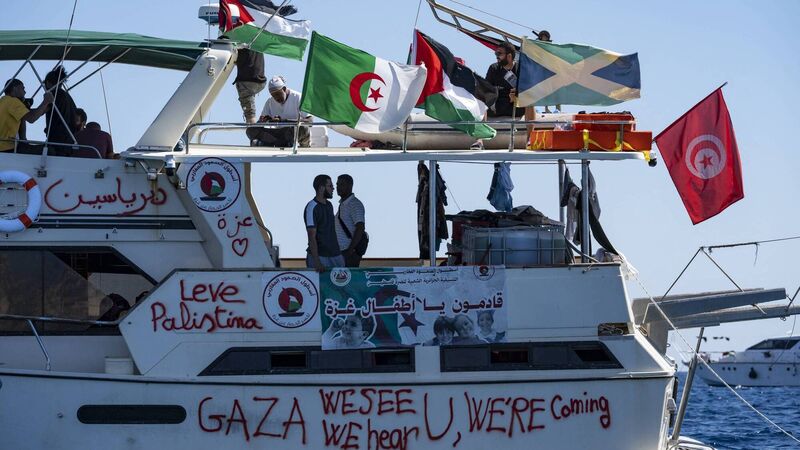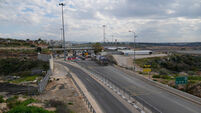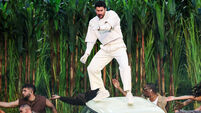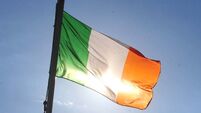The West needs to be forced to help Gaza — and that's what the aid flotilla is trying

The Global Sumud Flotilla to Gaza moored at the small island of Koufonisi, south of the island of Crete, on September 26, after a reported attack by drones early the day before. Photo: Eleftherios Elis / AFP
Somewhere south of Crete, a flotilla of 45 boats sails east toward Palestine.
On board are activists from across the globe - from Ireland to the Solomon Islands - doctors, lawyers, students, comedians, parliamentarians. They are united by one goal: to break the siege of Gaza and open a humanitarian corridor.
















